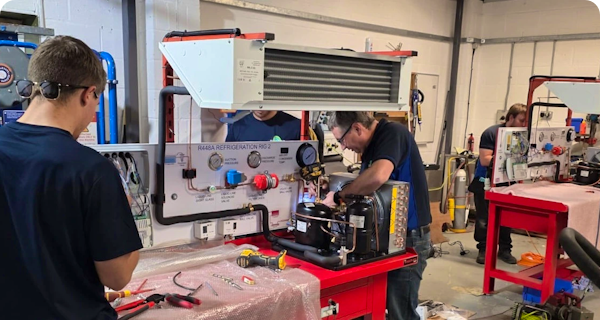
Training for Tomorrow: The Role of R448A Rigs at ACES
9th Jul 2025
As global temperatures rise, so does the demand for sustainable cooling. At the Africa Centre of Excellence for Sustainable Cooling and Cold-chain (ACES), Rubirizi campus in Kigali, R448A training rigs are shaping the next generation of refrigeration professionals.

‘Try Before You Buy’ - Cooling Hub project with ACTS
9th Jul 2025
"Post-harvest losses continue to be a significant challenge for smallholder farmers, often resulting in wasted resources and financial hardships. The ‘Try Before You Buy’ cooling and cold chain unit offers farmers the opportunity to experience firsthand the benefits of sustainable, energy-efficient cooling technologies before committing to full
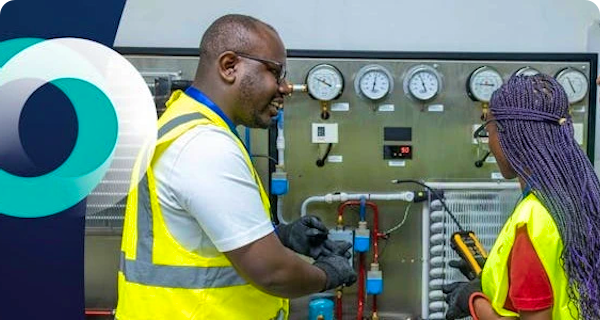
CCN Annual Review: June 2025
9th Jul 2025
This has been a pivotal year for the Sustainable Cooling and Cold-chain Solutions Programme. Activities have transitioned from the design and development of core facilities, tools, training, and content to ramped-up implementation through delivery of training courses, demonstration, testing, and roll-out of activities through the Clean Cooling Network (CCN), serving as the umbrella brand.
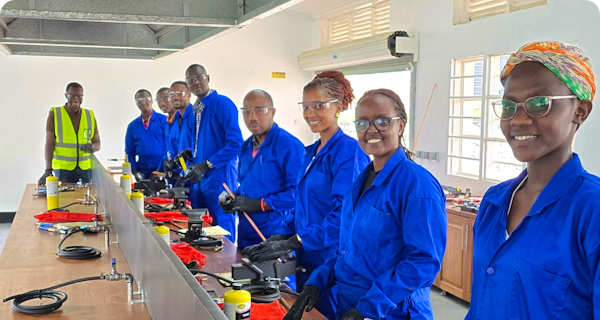
Lighting the Torch on Brazing
9th Jul 2025
In the race toward sustainable cooling and climate resilience, one seemingly small skill plays an outsized role: brazing. This week marked an important milestone for our refrigeration students, as we hosted our very first
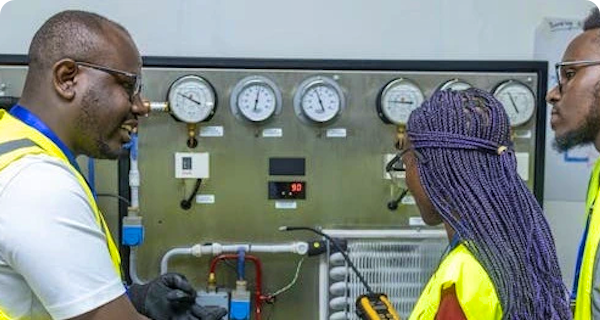
Strengthening cold-chain systems in Africa can reduce food loss locally while supporting more robust and sustainable supply chains worldwide.
11th Jun 2025
University of Birmingham and partners extend sustainable cooling programme in Africa A major programme, led by the University of Birmingham and UNEP United for Efficiency, is extending its work in Africa over the next 12 months to speed the transition to clean cold - reducing food loss and improve vaccine and health supply chains. "Without interve

Cool Innovations, Hot Ideas, Real-World Impact... The Festival of Cooling is Coming to Kigali!
2nd Jun 2025
Between 22nd - 26th September 2025, at the Africa Centre of Excellence for Sustainable Cooling and Cold Chain (ACES), this one-of-a-kind festival will turn a quiet revolution into a loud celebration. Five thrilling days in Kigali!

The ACES team visit the Ntarama Genocide Memorial
22nd Apr 2025
On April 9th, 2025, the team from the Africa Centre of Excellence for Sustainable Cooling and Cold-chain (ACES) visited the Ntarama Genocide Memorial to honour the memory of the victims of the 1994 Genocide against the Tutsi in Rwanda. In this place of remembra

CCN and ACES announce the Festival of Cooling for September 2025
13th Mar 2025
The Clean Cooling Network and the Africa Centre of Excellence for Sustainable Cooling and Cold-chain (ACES) are hosting a week-long, public engagement “Festival of Cooling” (Sept 22nd – 26th) at the ACES Campus in Kigali, Rwanda, and via an outreach programme.
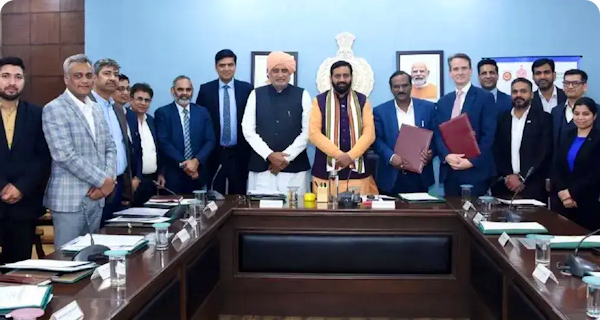
Signing moves Haryana Centre of Excellence a step closer to opening
21st Feb 2025
The Haryana-UK Centre of Excellence on Sustainable Crop Post-Harvest Management & Cold-Chain will help farmers get more of their crops to market sustainably.
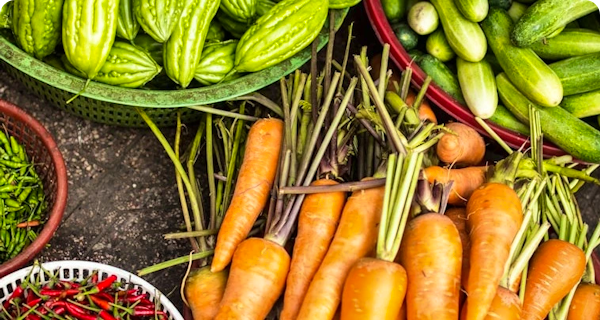
Simulation-Based Optimization for Large-Scale Perishable Agri-Food Cold Chain
24th Jan 2025
The global food supply chain faces significant challenges in maintaining quality and safety of perishable agri-food products. This study introduces a novel approach to demonstrate the efficiency of using the perishable agri-food cold supply chain.
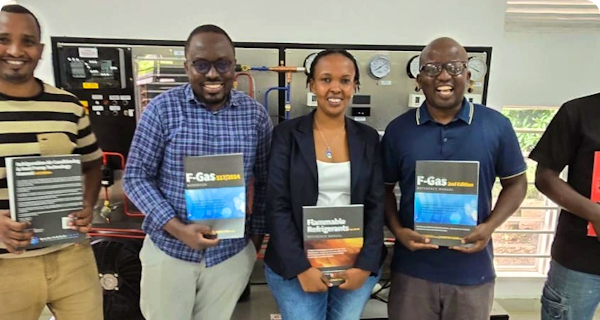
ACES welcomes generous support for its new Refrigeration Training Centre
3rd Dec 2024
The Africa Centre of Excellence (ACES) is thrilled to announce the support of two UK companies, DiversiTech Global and BusinessEdge Ltd, for the establishment of its state-of-the-art Refrigeration Training Centre.

Clean Cooling Network launches work with Kenyan farmers to build their own Community Cooling Hub
26th Nov 2024
More than 130 Kenyan farmers attended a Clean Cooling Network open day - signing up for free training in Cold-chain and Postharvest Management, and testing the latest cold-chain technology.

Strengthening the climate resilience of health systems in Africa
1st Nov 2024
There is a pressing need to implement climate change adaptation measures within African health systems and to safeguard health system resilience.

UK and Rwandan Minister tour joint Africa centre for resilient cold-chains
6th Sep 2024
The new UK Minister for Africa, Lord Collins, visited the Africa Centre of Excellence for Sustainable Cooling and Cold-chain (ACES) in Kigali, Rwanda during the Africa Food Systems Forum Annual Summit.

Global health expertise is deployed to support the control of Mpox disease in Africa
2nd Sep 2024
Experts in infectious diseases, immune diagnostics and vaccines who have been working in Rwanda for years and will now engage on the needs of disease outbreak.
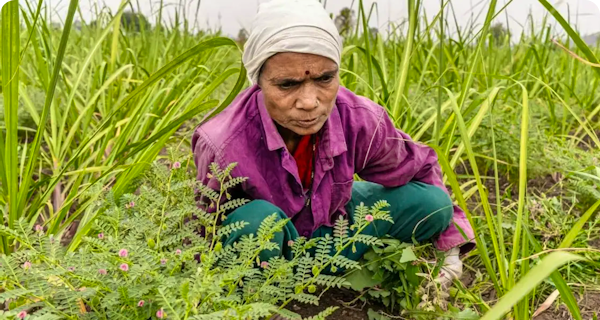
International experts and state government of Haryana develop Centre of Excellence
14th Aug 2024
A new Centre of Excellence on Sustainable Crop Post-Harvest Management will create blueprint for Indian horticulture farmers to get more produce to market.

ACES Annual Review: March 2024
25th Jul 2024
In less than four years, we have progressed rapidly from conceptualisation to the realisation of a physical campus in Kigali, the Africa Centre of Excellence for Sustainable Cooling and Cold-chain (ACES).
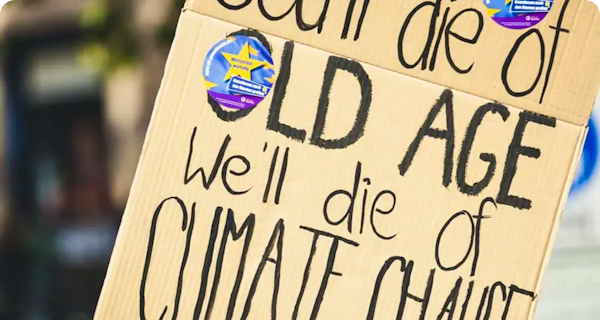
Cooling is critical infrastructure for tackling climate change impact
18th Jul 2024
Governments and policy makers must recognise cooling as critical national infrastructure (CNI) if humanity is to build resilience to the impact of climate change, according to a new report.

New blood-free tetanus test could help identify global immunity gaps
16th Jul 2024
A new fast test may help identify children missing immunity to tetanus and other essential vaccines.

The Hot Reality: Living in a +50°C World
16th Jul 2024
The Hot Reality: Living in a +50°C World (published 18th July) calls for a radical shift in policy to create more ambitious strategies for delivering cooling and effectively managing energy use and achieving reductions in cooling demand.

Measles Vaccine Coverage and Disease Outbreaks
8th May 2024
We aimed to evaluate changes to measles-containing vaccine (MCV) provision and subsequent measles disease cases in low- and lower-middle income countries (LICs, LMICs) in relation to the COVID-19 pandemic.

Africa’s Cold Rush and the Promise of Refrigeration - The New Yorker
25th Mar 2024
For the developing world, refrigeration is growth. In Rwanda, it could spark an economic transformation.

General manager appointed for African Centre of Excellence for Sustainable Cooling and Cold chain (ACES)
25th Mar 2024
Morris Kayitare has been appointed general manager for the African Centre of Excellence for Sustainable Cooling and Cold chain (ACES).

COP27 - No Time to Waste
25th Mar 2024
BBC Future’s William Park talks to experts about the research & innovation that’s helping us tackle food waste, in a webinar from the Horticulture Quality and Food Loss Network.
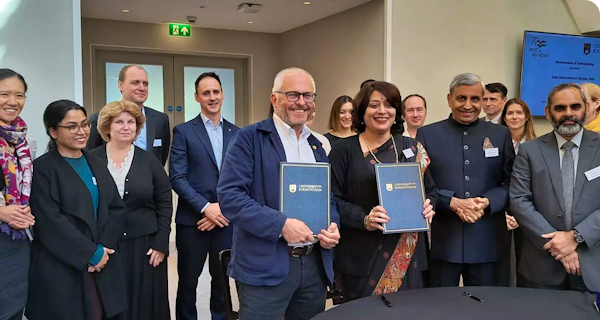
Birmingham global cooling summit launches new partnership
25th Mar 2024
We're taking the next steps toward delivering sustainable, resilient cold-chains to distribute food and medicines effectively in Africa, India and beyond.

Rwanda and UK Governments join IFC to advance Africa cold chain progress
25th Mar 2024
The Rwanda and UK governments joined forces at COP27 to help speed the delivery of innovative cooling technologies in Africa.

ACES advances Africa cold chain progress through international partnership
25th Mar 2024
The African Centre of Excellence for Sustainable Cooling and Cold-chain (ACES) is working with a major global cold-chain provider.

Sustainable cooling experts gather in Washington for global food loss summit
25th Mar 2024
Sustainable cooling experts are gathering in Washington to create a blueprint for rolling out affordable solutions to help African food producers reduce waste and their carbon footprint.
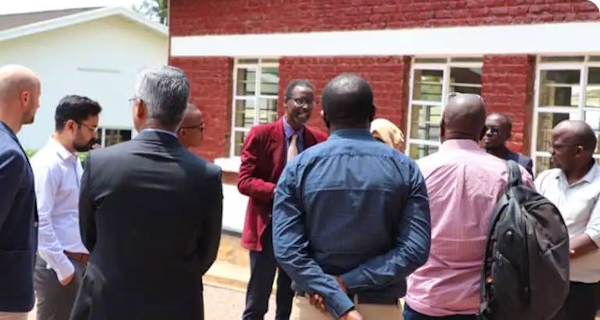
“Help us to understand priority gaps where ACES can be of service”
25th Mar 2024
Brian Holuj, Strategic Delivery Lead for the Africa Centre of Excellence for Sustainable Cooling and Cold-Chain (ACES), overviews the ACES Engagement Day.
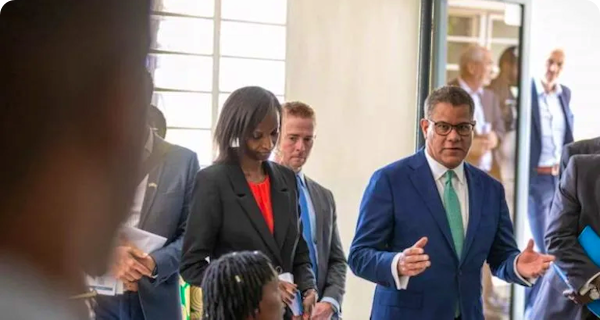
COP President Alok Sharma Visits A Unique Centre In Africa Dedicated To Supporting Sustainable Cooling
25th Mar 2024
COP President, the Rt. Hon. Alok Sharma MP, visited the Africa Centre of Excellence for Sustainable Cooling and Cold-chain (ACES) during his attendance at the Commonwealth Heads of Government Meeting.


